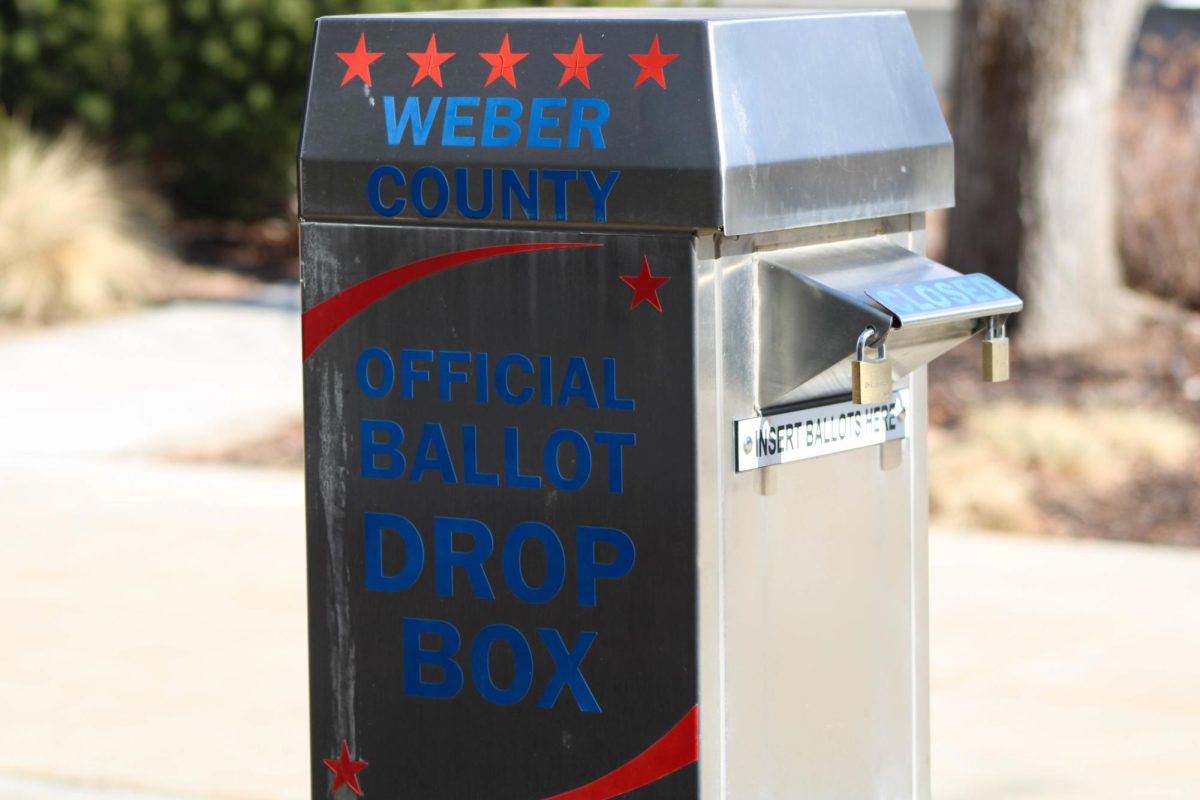
SALT LAKE CITY — Years of legal and legislative battles between anglers and property owners may play out again during the 2015 Legislative Session.
Rep. Dixon Pitcher, R-Ogden, filed HB108, a bill aimed at restoring rights of the public to enjoy public waterways and fish in those waters. He said he believes HB141, passed in 2010, took away those rights.
Pitcher’s bill would allow anglers to stand in the water on stream beds as long as they stayed below the high-water mark. Anglers would have access to the water, either by permission from landowners or via a public easement. The measure would revert the law to how the Utah Supreme Court interpreted it in the case Conatser v. Johnson in 2008. Justices ruled that the public has the right to touch private land under public waters for recreational purposes.
After the court decision, the Utah Legislature passed HB141 sponsored by Rep. Kay McIff, R-Richfield, that restricted use of public water through private property to floating on the water. The Utah Stream Access Collation is challenging HB141 in court.
“We’re saying that you as taxpayer get to pay for the upkeep of the stream, the stocking of the stream, and the mitigation of the stream, but you don’t get to fish in the streams if they pass through private property.” Pitcher said.
Randy Sessions, one of the defendants in the Conatser case, owns property in Morgan County that the Weber River runs through. He said that people pay taxes to regulate deer and elk as well and he can restrict who hunts on his property. At the same time, he can’t restrict what people can do with the land under the water in a similar way. Sessions said it’s not the water in dispute, but the land under the water. He said he has a deed to it and pays taxes for it.
“We view the water and the land as two separate issues.” Sessions said. “Floating on the water provided by HB141 gives them access to that water and provides them a way, but the land is separate” he said.
Randy Parker, CEO of the Utah Farm Bureau, said that there have been issues with some residents who cut fences or damage the land when they use it. Parker said this has lead to livestock getting out and could become a public safety issue.
In response, Pitcher said, “I don’t know what kind of damage you can do below the high water mark.” He added that anglers who trespass or litter run the risk of losing their fishing license for a year. “Why would we punish the majority of Utah citizens who want access to the streams because there’s a few bad players?”
Sessions said he understands he can press charges against the bad players, but adds he doesn’t have the time to watch everyone all the time. He said he shouldn’t be expected to install the security cameras to monitor who uses the stream’s bed.
Because the court case Utah Stream Access Coalition v. Victory Ranch et. al. challenges the constitutionality of HB141, some have questioned why Pitcher would bring the bill up again. Pitcher sponsored a similar bill last session that was held up in rules committee because of the pending court case.
The Farm Bureau’s Parker said, “There are some fundamental property rights, basic principles at stake here. That’s why we believe that we need to allow the courts to do their due diligence.”
Pitcher said that he filed the bill because a competing bill sponsored by McIff, HB47, would further restrict anglers’ access.
“I don’t want be in jeopardy of HB47 coming out and just saying, ‘we’re going hold off.’ I won’t run that risk,” he said. A decision on the case is expected in February.
A representative of the Utah Stream Access Coalition declined to comment on HB108, but indicated the group intends to release a public statement later this week.







